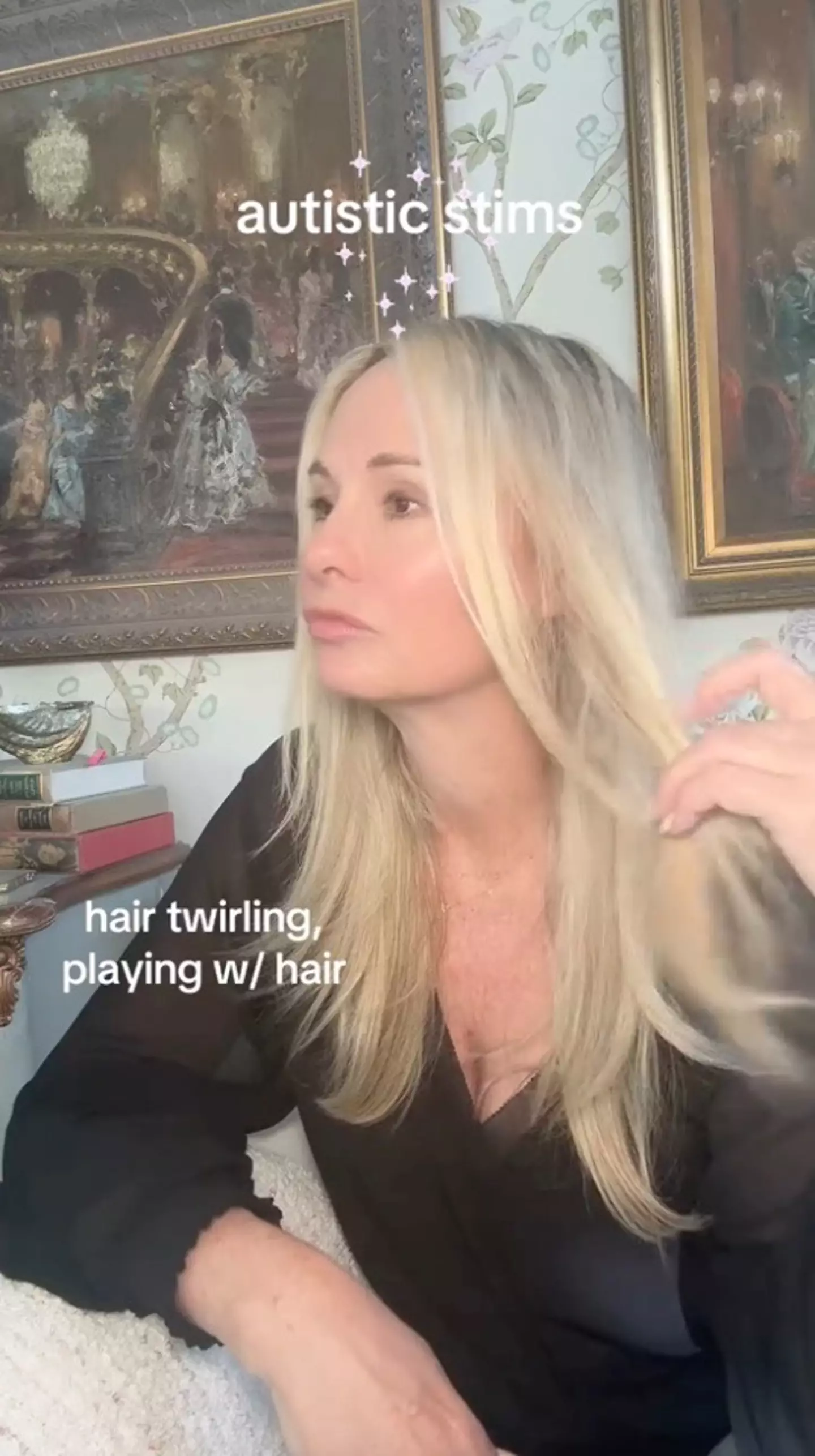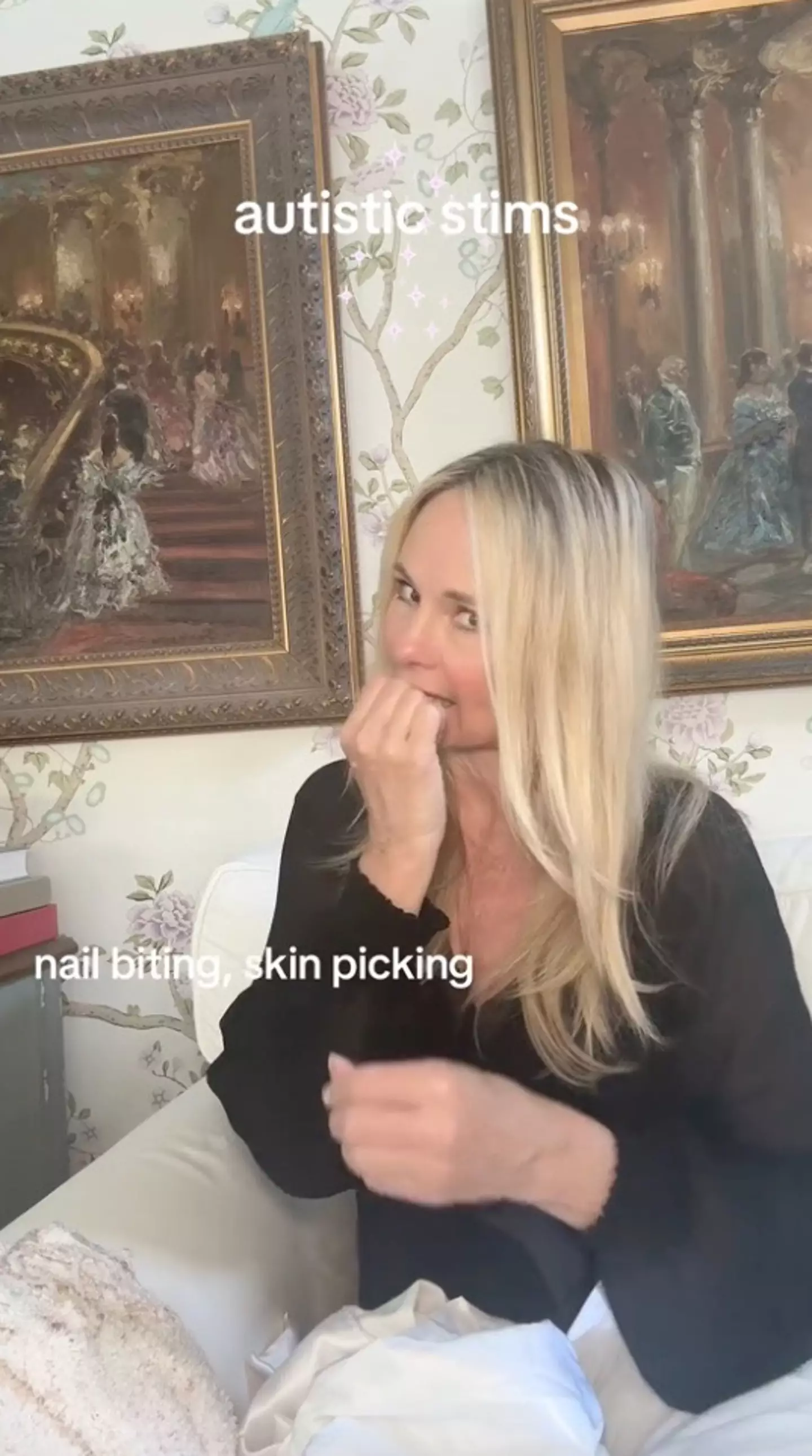
A psychologist has revealed the common traits indicating that you might have undiagnosed autism.
According to the NHS, autism ‘does not mean you have an illness or disease’. Instead, it ‘means your brain works in a different way from other people.’
The health service explains that autism ‘is a spectrum’, meaning that ‘everybody with autism is different’.
That being said, psychologist Dr Kim Sage has taken to her TikTok page (@drkimsage) to share the various ‘stims’ people with autism might have.

Dr Kim Sage has revealed some of the most common signs of autism (TikTok/@drkimsage)
What is stimming?
The NHS states that stimming ‘is a kind of repetitive behaviour’ and ‘common stimming behaviours include: rocking, jumping, spinning, head-banging.’
“Mostly everyone stims and doing these does not make you autistic – but among autistics stimming can be very calming and regulating and quite common,” Dr Sage explained in her caption.
Examples of stimming

Being autistic means ‘your brain works in a different way from other people’ (TikTok/@drkimsage)
In her video, Dr Sage shared her eight common traits of stimming:
1) Hair twirling, playing with hair
2) Playing with jewellery
3) Twirling with blanket
4) Playing with pen caps
5) Nail biting/skin picking
6) Mouth sounds
7) Nail tapping
8) Repeating dances, songs, lyrics, trending sounds/videos
Why stimming is ‘usually harmless’
The UK health service says that although stimming ‘may look odd to others’, it’s ‘usually harmless.’
“You should not try to stop it if it’s not causing any harm to you or your child,” they added.
When to speak to a GP
The NHS says that you should consider speaking to the autism care team to a GP if your child is ‘stimming all the time or having lots of meltdowns, being bullied at school because of their behaviour, or being aggressive, harming themselves or harming other people.’
How many people in the UK have autism?
The National Autistic Society writes: “Autism is a lifelong developmental disability which affects how people communicate and interact with the world.
“More than one in 100 people are on the autism spectrum and there are around 700,000 autistic adults and children in the UK.”
Alan Gardner, known for starring in Channel 4 documentary series The Autistic Gardener, previously opened up about what it’s like to live with autism.
“Autistic brains are wired different to neurotypicals. For some of us, a whisper is the same volume as a scream. I see every little nook, cranny, every little spider running through the grass. I miss very little,” he told Home Care.
“People with Autism are the most talented, skilful people, who all have an interest in doing something. Some people could be obsessed with one thing or change each week, their special interest could be good or bad and could be an obsession that takes hold.”